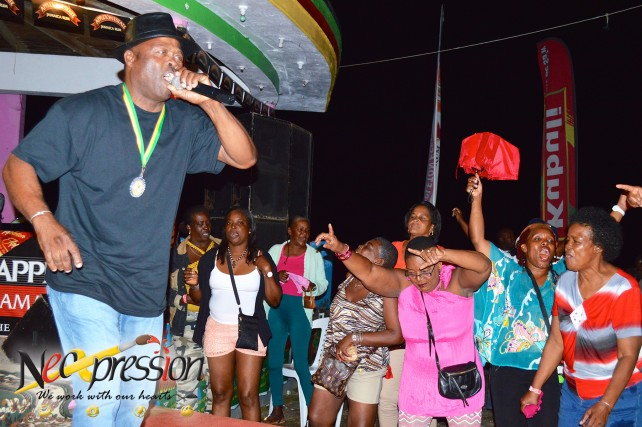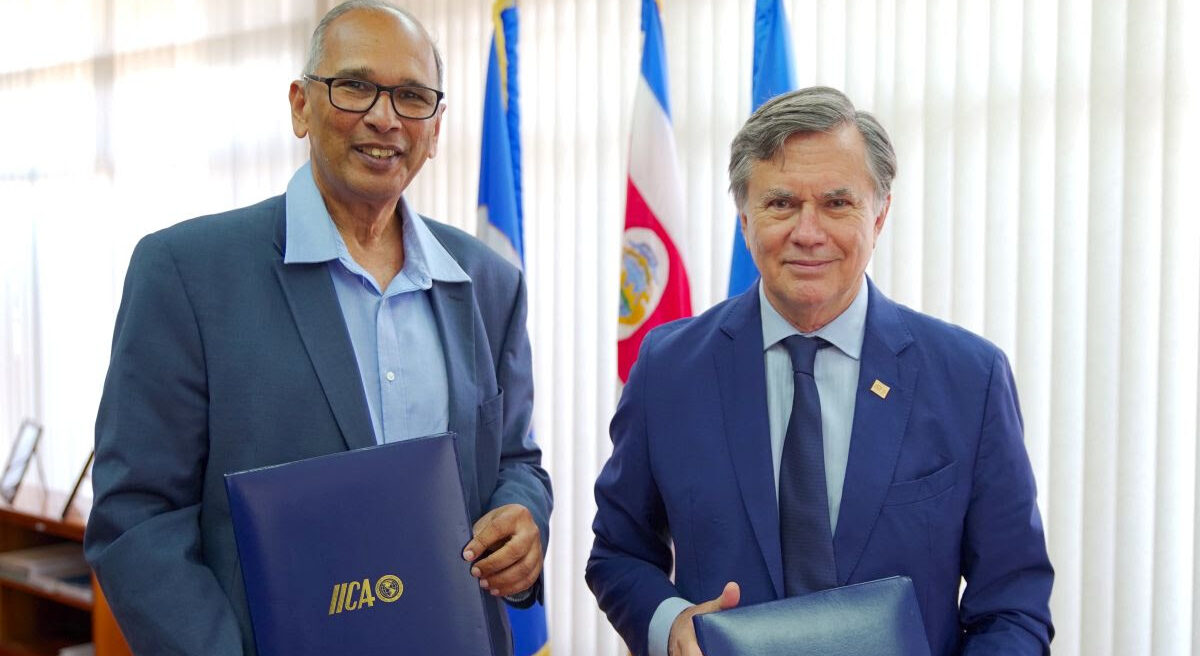A recent firsthand account from a visa applicant reveals the practical implementation of the Trump administration’s stringent visa policies targeting Caribbean nations with Citizenship-by-Investment (CBI) programs. The applicant, a Dominican citizen with previous travel compliance to the United States, documented their experience during a January 2026 appointment at the U.S. Embassy in Barbados.
Despite meticulous preparation including research on interview techniques and gathering supporting documentation such as job letters and bank statements, the encounter proved unexpectedly brief and ultimately unsuccessful. The approximately three-minute interview consisted of standard questions regarding travel history and compliance with previous visa terms, all of which the applicant answered satisfactorily based on their record of multiple previous visits to the U.S. without overstaying.
Communication challenges marred the process, with the visa officer speaking quietly behind protective glass and through an unreliable intercom system. Critical wording—specifically the word “not” in the visa denial explanation—was unintelligible during the verbal exchange, creating confusion until written documentation clarified the outcome.
The applicant received two yellow slips explaining the denial under current regulations, though the officer requested none of the prepared supporting materials that typically validate visa applications. The interaction concluded abruptly when the officer walked away without making eye contact, leaving the applicant with a sense that the denial was predetermined rather than based on individual merit.
Notably, the embassy displayed unusually low activity, with no queue present—a significant departure from previous experiences at the facility. Conversations with successful applicants from non-restricted countries like Grenada suggested targeted differential treatment toward citizens from listed nations including Dominica and St. Lucia.
The account suggests implementation of unspoken directives to visa officers to systematically deny applications from certain countries despite more nuanced public communications. The new bond requirement scheduled to take effect January 21, 2026, for Dominican citizens adds another layer of restriction to the visa process.
This experience serves as both documentation and warning to citizens of affected countries regarding the current visa environment, suggesting that applications from these nations face effectively insurmountable barriers regardless of individual qualifications or preparation.









